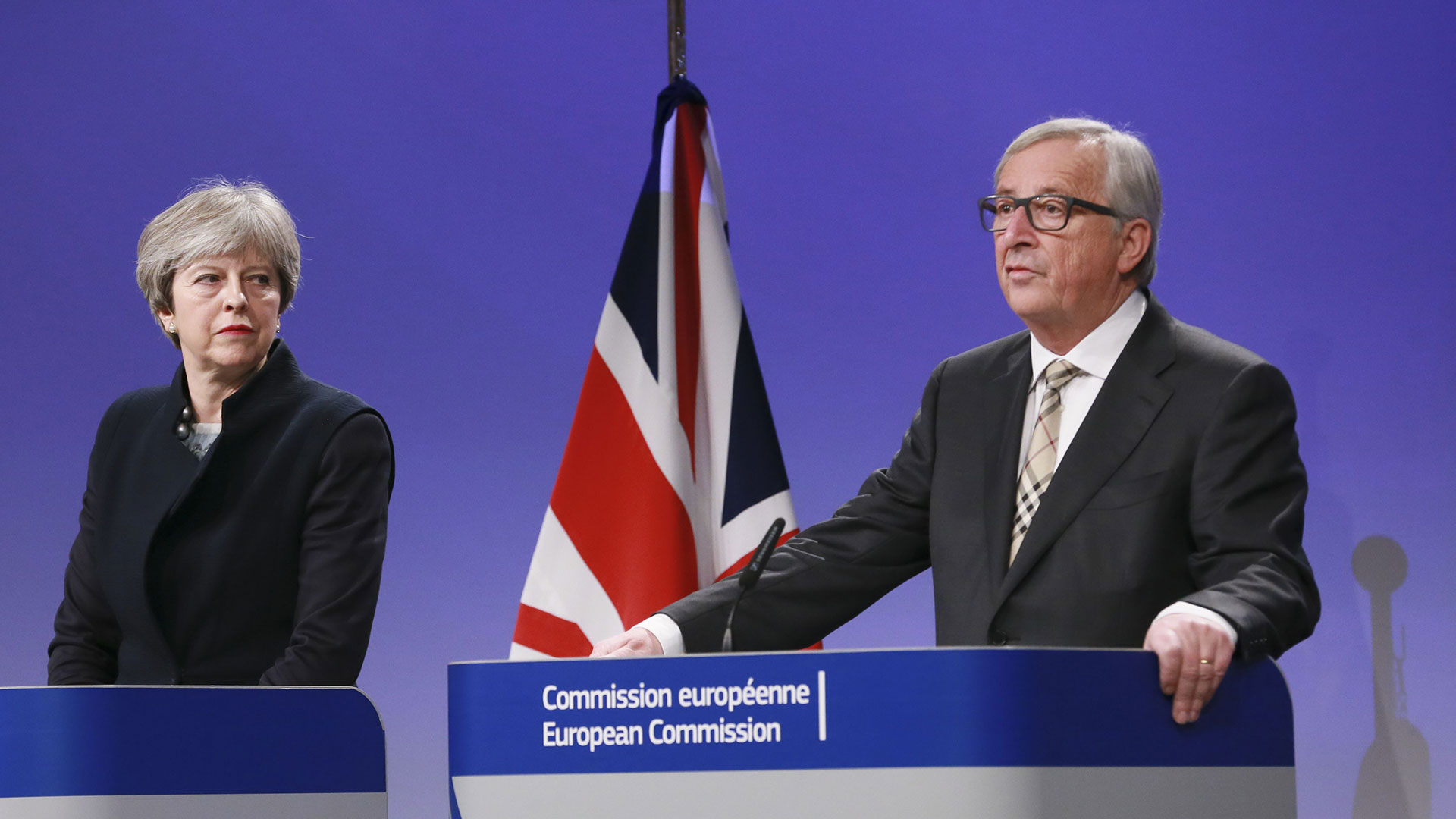Perhaps a poem from my childhood might sort this all out:
‘I went to the pictures tomorrow,
and got a front seat at the back.
I fell from the stalls to the gallery,
and broke a front bone in my back.
I went round a straight crooked corner,
Advertising helps fund Big Issue’s mission to end poverty
to see a dead donkey die.
I took out my pistol to stab it,
and it kicked me right in the eye.’
Or how about:
‘If it takes a week to walk a fortnight, how many pears in a bunch of grapes?’ The answer, as you will have guessed, is nine strawberries.
I was reminded of this clarity of mind – and that, as a child in the Fifties, the nonsense poetry I learned was going to be played out over Brexit much later – when I watched Question Time last week.
Advertising helps fund Big Issue’s mission to end poverty
What was obvious was that nothing was obvious, and that an entrenched position of opposites is leading us to the kind of occasions that proceed civil war.
Each panellist spoke a kind of reasonableness and yet was tainted by nonsense. As if what they said could be abstracted from life and placed on a pedestal as The Complete Answer.
But whereas the nonsense from my childhood was to entertain and, in some sense, inform about contradiction and interrogation, the other night’s TV was a number of people who each held the wisdom of wisdom in their heads. All they could do was flaunt it, show it, mouth it.
So sure was each person of what they said (which is exactly what you might expect in adversarial politics) as a whole, as a taster of current opinion, the programme was a frigging disaster.
It demonstrated that, because there is no meeting ground, there is almost full-on civil war coming our way, with both sides sticking religiously to their side. No respect, no concession, no compromise.
I wonder whether there’s any chance that – in the middle – you might find people who suggest unity first, over all other things?
Advertising helps fund Big Issue’s mission to end poverty
My own position in 2016 was as a shit-scared Remainer (the Cameron-Osborne fear thing worked on me), but who reluctantly accepted a referendum result that was warped by both sides in different ways; with one warp cancelling out an opposite warp.
Whatever opinion you hold is (in some ways) a lethal weapon if there’s also no compromise
I wish the slow growth of democracy in the UK over hundreds of years had had some strings tied to it. That you had to get educated. That you had to become informed. That you had to form (and then defend) an opinion.
We need to learn the lessons of the 2016 referendum. We need to bolster our democracy with big chunks of education, active citizenship and practical ways of developing people’s ability to analyse complex stuff.
We’re stuck in this conundrum. This unsolvable puzzle. And now that old motivational war poster – reproduced on hundreds of things from mugs, tea-towels and T-shirts – ‘Keep Calm and Carry On’ seems the nearest bit of thoughtfulness I’ve heard in decades.
I hope that the ‘for’ and ‘against’ camps, or however they’re divided, find some kind of common ground, remembering that we are supposedly here for each other.
No one knows what will happen down the line. You can take it as opportunity or threat, depending on how you want to see it. But please, please accept that whatever opinion you hold is (in some ways) a lethal weapon if there’s also no compromise, and no meeting in the middle.
Advertising helps fund Big Issue’s mission to end poverty
If there is no sense that we should steer clear as far as possible from the edge, the edge becomes reality.
I’m frightened, and I don’t usually do fear. This is not the ideal state where, as with the 1975 referendum, a Prime Minister who voted to Remain struggles to keep her promise to the electorate, while (at the same time) a vast part of the public don’t accept the legitimacy of the poll, less still the outcome.
Added to all this are the pundits who promise a golden future in or out of the EU, depending on which school of thought you sign up to.
Frightened but optimistic. That’s all I can muster.









